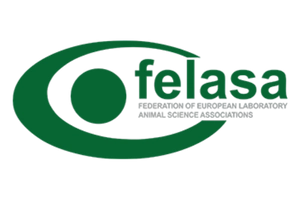The Federation of European Laboratory Animal Science Associations (FELASA) is a prominent non-profit organization established in 1978 that represents the collective interests of laboratory animal science across Europe and beyond. Its core mission centers on promoting high standards in laboratory animal science, focusing on the application of the “3Rs”—Replacement, Reduction, and Refinement—in animal research. FELASA advocates for responsible and ethical animal use in scientific work and publishes guidelines, recommendations, and policy documents relevant to laboratory animal science and animal welfare.
FELASA acts as an umbrella organization, uniting national and multinational laboratory animal science associations from across Europe. Its members represent tens of thousands of professionals in laboratory animal science. The organization provides a platform for harmonizing practices and setting standards for laboratory animal welfare, scientific training, and ethical use. FELASA works closely with the Council of Europe, the European Commission, the European Parliament, and maintains partnerships with laboratory animal science organizations beyond Europe.
FELASA is actively involved in developing and promoting best practices, guidelines, and legislative recommendations. Its working groups—composed of specialists nominated by its constituent associations—design authoritative guidance on education, care, and the use of laboratory animals. FELASA also organizes triennial international congresses and regular workshops, offering a major forum for exchange among the international scientific community.
FELASA does not represent commercial interests; it is dedicated to educational and research advancement. Its influence extends to regulatory frameworks, as its recommendations have shaped European directives concerning laboratory animal welfare. With a declared commitment to transparency, FELASA has been registered in the EU Transparency Register since 2016 and is headquartered in Belgium since 2021 after relocating from the UK. It continues to be a pivotal actor in shaping laboratory animal science standards and policies in the European Union


